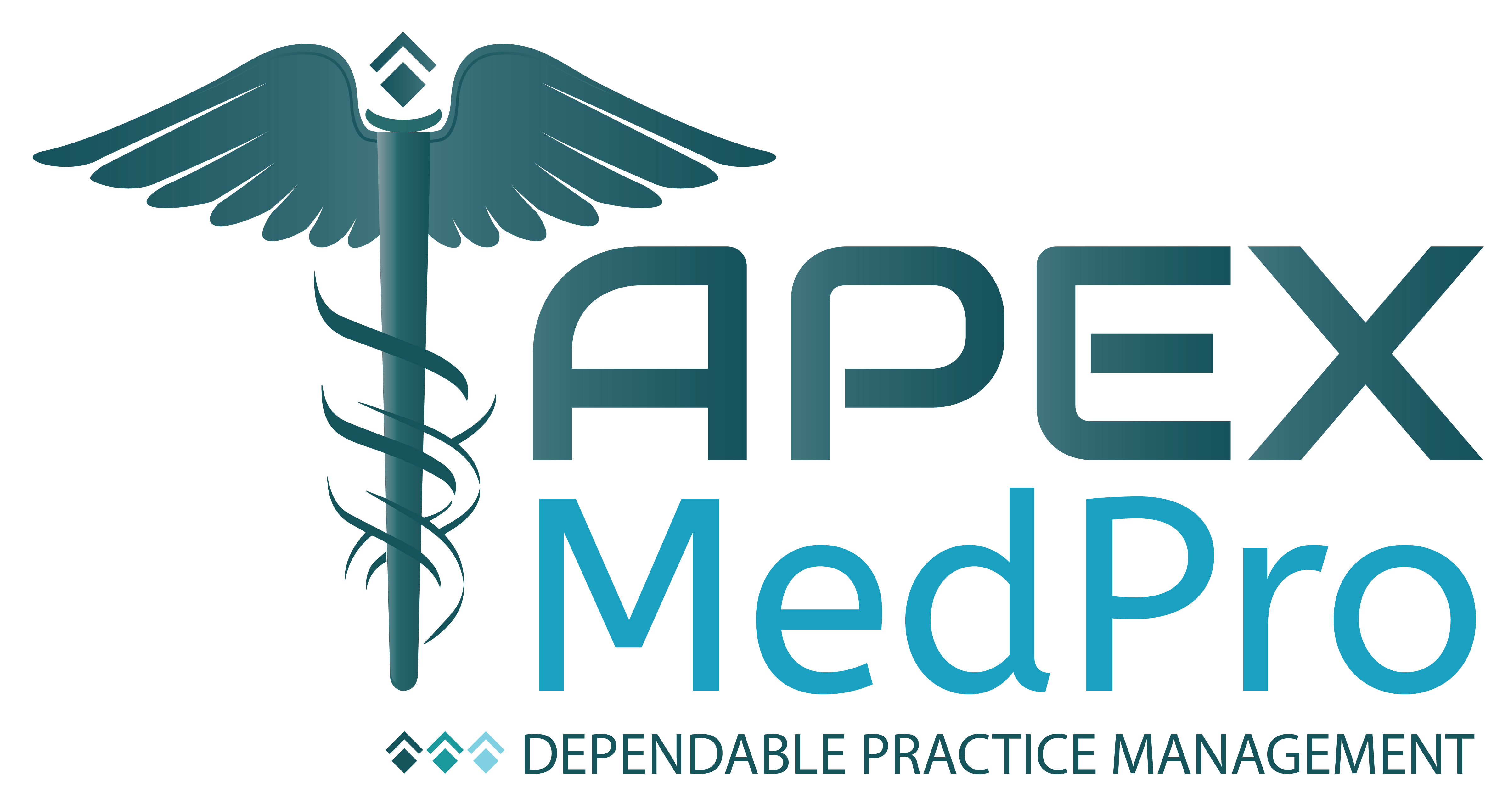Introduction:
Medical billing is a crucial aspect of healthcare administration that involves the translation of healthcare services into billing claims. Accurate and error-free coding is essential to ensure timely and appropriate reimbursement for medical services provided. However, coding errors can lead to claim denials, delayed payments, and even legal issues. In this blog post, we will discuss common coding errors in medical billing and provide guidance on how to avoid them.
Upcoding or Overbilling
Upcoding occurs when a healthcare provider assigns a higher-level service code than what was actually performed or documented. This coding error can lead to overbilling, resulting in financial losses and potential legal consequences. To avoid upcoding, ensure that the documentation accurately reflects the complexity and intensity of the service provided.
Unbundling
Unbundling refers to billing multiple procedure codes separately instead of using a comprehensive code that includes all the components. This error can result in inflated reimbursement and is considered fraudulent. Ensure that you use the appropriate comprehensive code whenever possible and avoid billing separately for components that should be bundled together.
Undercoding or Downcoding
Downcoding occurs when a healthcare provider assigns a lower-level service code than what is appropriate based on the documentation. This error can result in reduced reimbursement or denied claims. It’s crucial to accurately capture the level of service provided, ensuring that the documentation supports the code chosen.
Incorrect Use of Modifiers
Modifiers are two-digit codes used to provide additional information or clarification to the billed services. Incorrect use of modifiers can lead to claim denials or incorrect reimbursement. It’s important to understand the proper use of modifiers and ensure they are accurately applied to the corresponding procedure code.
Failure to Follow National Correct Coding Initiative (NCCI) Edits
The NCCI is a set of coding rules and edits designed to prevent inappropriate payment of services that should not be billed separately. Failure to adhere to NCCI edits can result in claim denials and potential compliance issues. Stay updated with the latest NCCI edits and ensure your coding practices align with them.
Lack of Documentation
Incomplete or insufficient documentation can lead to coding errors and claim denials. Accurate coding relies on detailed and thorough documentation that supports the medical services provided. Encourage healthcare providers to document services accurately, including relevant diagnoses, procedures performed, and medical necessity.
Inadequate Staff Training
Lack of proper training and ongoing education for coding staff can contribute to coding errors. Keep your coding staff well-informed about coding updates, regulatory changes, and best practices. Encourage them to pursue relevant certifications and attend continuing education programs to enhance their coding proficiency.
Ignoring Local Coverage Determinations (LCDs) and National Coverage Determinations (NCDs)
LCDs and NCDs provide specific guidelines and coverage policies for medical services in particular geographical areas or for specific conditions. Ignoring these determinations can lead to claim denials or inappropriate billing. Stay updated with LCDs and NCDs applicable to your practice and ensure your coding practices align with the provided guidelines.
Conclusion
Accurate coding is crucial for successful medical billing. By avoiding common coding errors such as upcoding, unbundling, undercoding, incorrect use of modifiers, disregarding NCCI edits, inadequate documentation, insufficient staff training, and ignoring LCDs and NCDs, healthcare providers can minimize claim denials, maximize reimbursement, and maintain compliance with coding guidelines. Investing in ongoing training, keeping abreast of regulatory changes, and implementing robust documentation practices are essential steps toward error-free medical billing.

